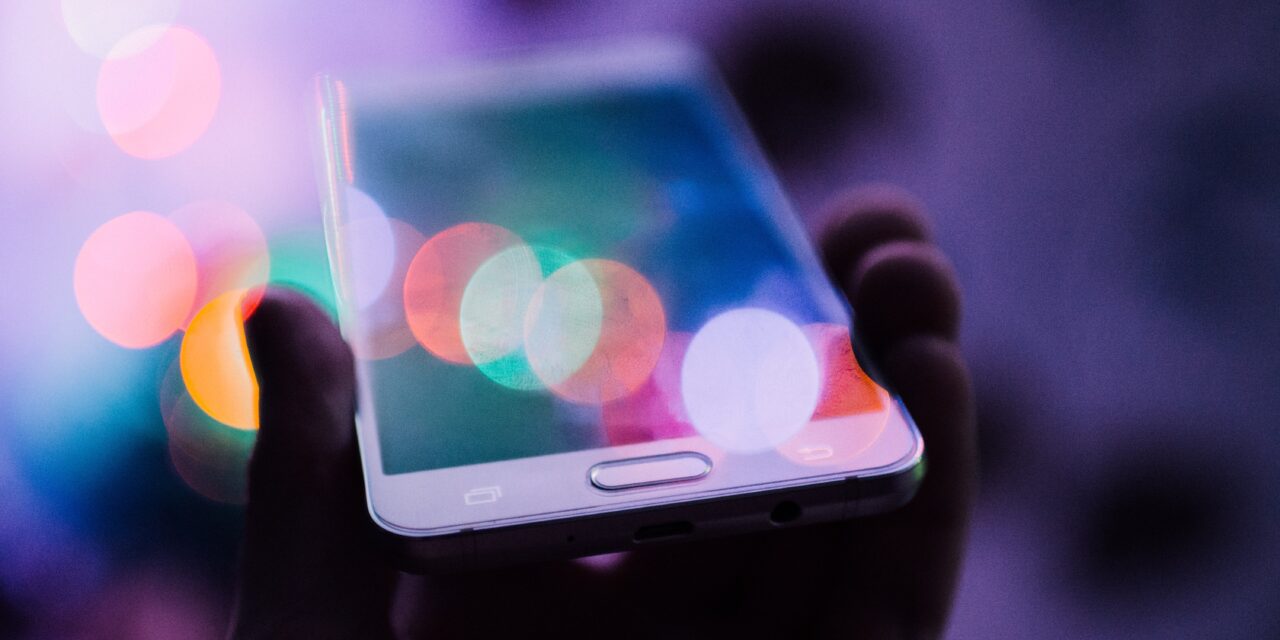The ‘Instagram for Kids’ project was recently halted so the platform can take more time to work through its potential downfalls. Now, advisory groups are warning about the psychological harm Instagram can do to young people, urging the project to be dismissed entirely.
Child safety groups and experts are cautioning Facebook to scrap the project, recognizing the damaging effects that come from kids using an app which focuses so heavily on physical appearance and self-branding.
For children ages 10 to 13, studies have found that using Instagram can cause harmful impacts, ranging from body image issues to increases in anxiety, depression, and loneliness.
However, Facebook’s official statement reads, “We firmly believe that it’s better for parents to have the option to give their children access to a version of Instagram that is designed for them – where parents can supervise and control their experience – than relying on an app’s ability to verify the age of kids who are too young to have an ID.”
While the thought behind the concept sounds nice, it must be more thoroughly discussed. Yes, on the surface, it seems that having a version of Instagram for kids (which has proper security protections and parental monitoring capabilities) would solve the issue of children accessing harmful content through the main Instagram app.
But, I firmly believe that young people will always find a way to bypass this. Creating a kid-friendly version doesn’t stop them from finding a way to access the main app – in fact, it may cause even more kids to seek out what’s being hidden from them. This is typically the case with censorship.
Let’s take a look at current Instagram policies. As of right now, users must be at least 13 years old to create an account. Is this to say that young people between ages 13 and 18 don’t suffer psychological harm from using Instagram? Even adults 18+ have been found to experience a variety of negative mental health impacts from using the app. I’m sure that even you, reading this right now, have experienced feelings of sadness or loneliness when comparing yourself to the over-edited Instagram influencers promoting unattainable luxury lifestyles.
Instagram already has efforts in place to protect any user from inappropriate or sensitive content – so, from this perspective, the app should already be a safe place for kids. Right?
Wrong. The aspect of using the app that is unsafe is the psychological harm, which is an effect for anyone using the platform. Not just children – but especially children.
So, shouldn’t the conversation turn towards education rather than censorship? Parents should focus on teaching their children how to approach social media through a lens of responsibility – acknowledging the fakeness that is broadcasted as reality, and recognizing when too much time on the app leads to feelings of inadequacy. This is a key conversation that must happen, and must happen often, in the age of the Internet and ultra-accessibility.
When does the blame fall on the app, rather than on the parents, teachers, and role models who avoid difficult conversations with kids about internet responsibility and impacts of social media use on mental health? Why isn’t this discussed more, or even taught in schools, along with health and sex education?
It goes deeper than just, “don’t message a stranger” or “don’t post photos of yourself online.” It’s necessary to dig into the challenges and consequences that stem from using social media. We know that social media use can impact our safety and mental health. So, why don’t we have these tough conversations instead of turning towards a “kid-friendly” app to “solve” these problems?
Let’s be real. Kids using Instagram (with no frame of reference, no mental health support, and no tactics to realize when there’s a problem) are bound to suffer from negative psychological effects. Research has proved it and so many of us, even as adults, have experienced it firsthand.
Learning how to use social media responsibly is something all of us, not just kids, must learn. We must learn to recognize when damage is being done and how to ground ourselves in reality, knowing that much of what we see online is a sick illusion. We must learn to love ourselves, follow content that inspires us, and recognize when we’re being fed fakeness labeled as reality.
Our society faces a key challenge of being over-exposed to potentially harmful content – all the time. In my opinion, censorship is never the answer. But, approaching the issue through the lens of education, acknowledgement, and ongoing discussions about how social media can impact us – that might get us somewhere.















